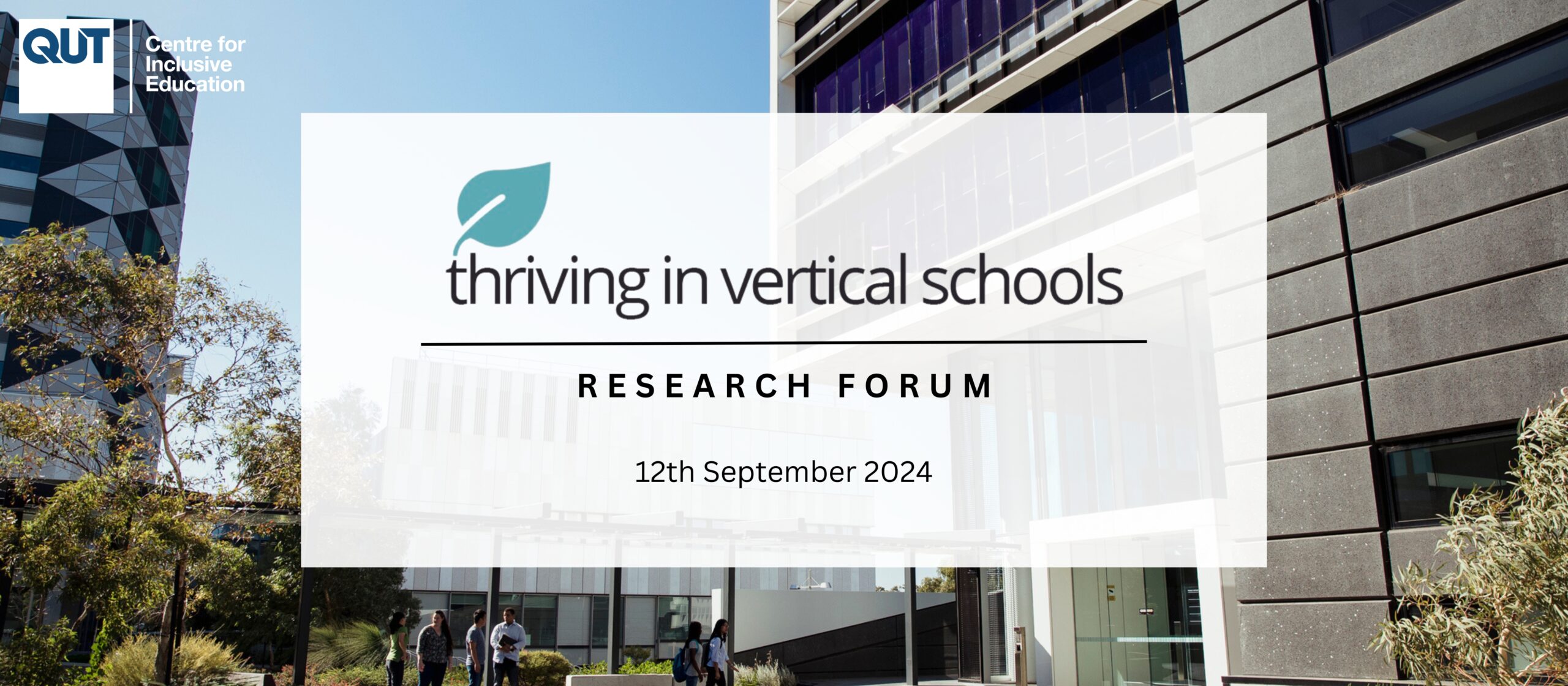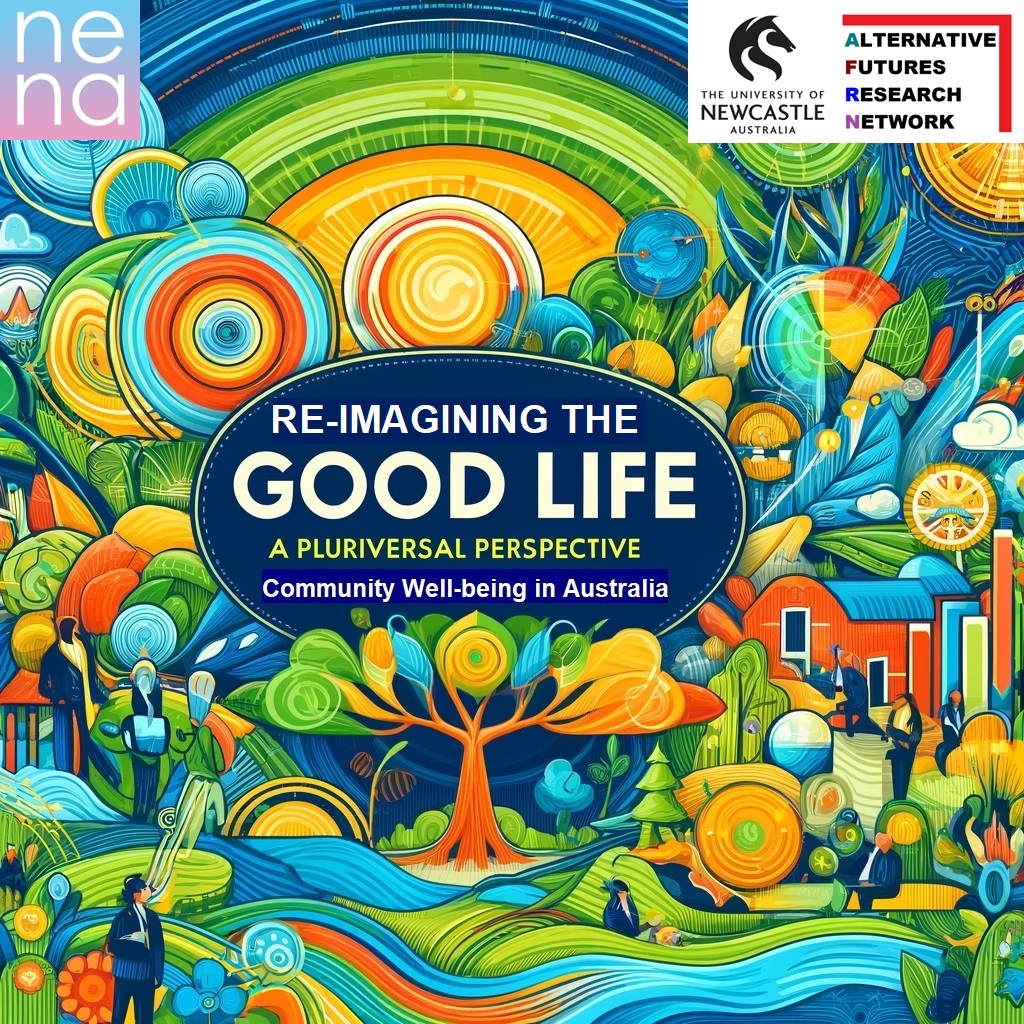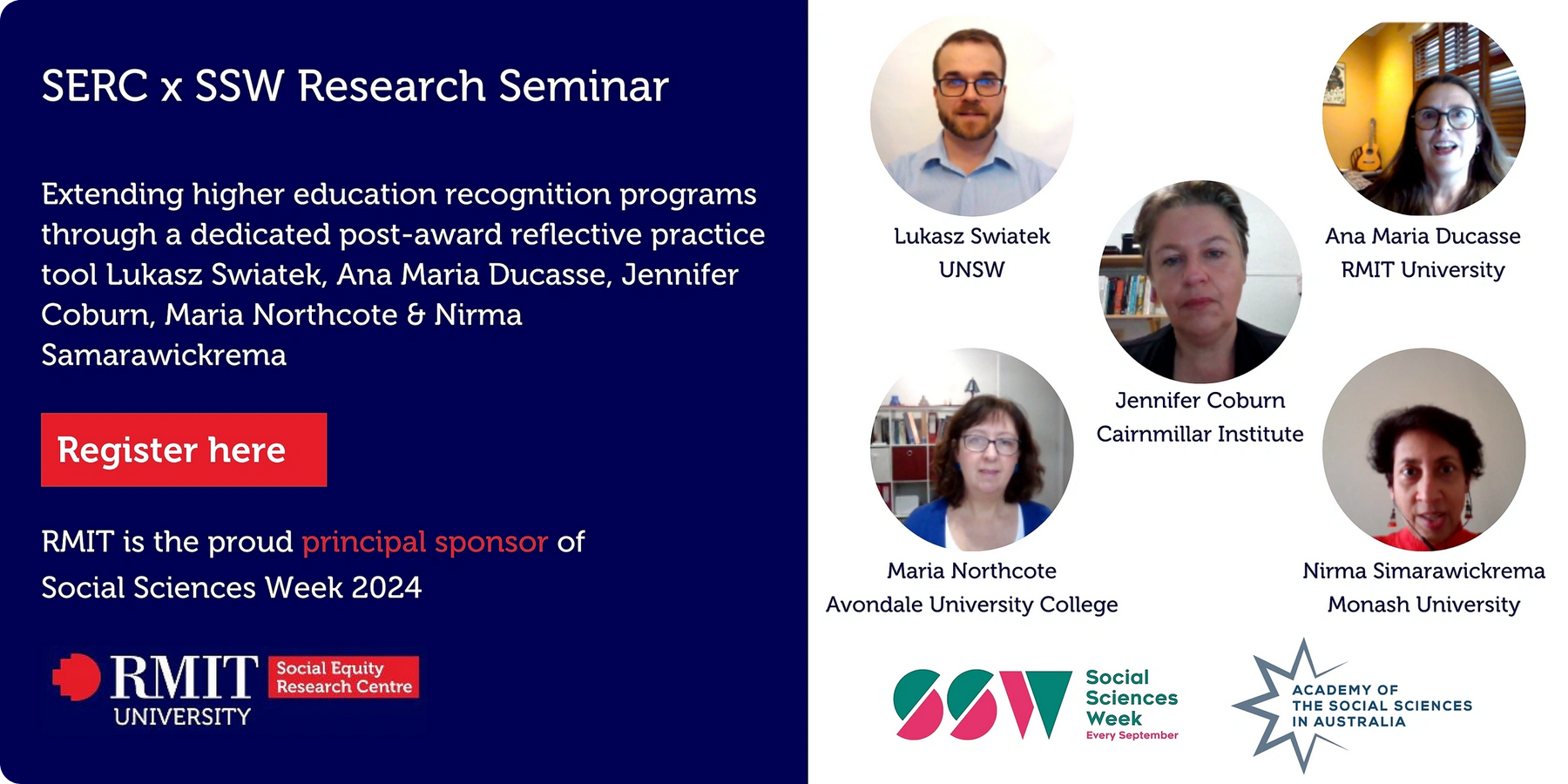How can Thriving in Vertical Schools shed light on student learning and wellbeing for all schools? – Thriving in Vertical Schools Research Forum
Hybrid - Online and at QUT QUT Victoria Park Rd, E Block Level 5, Room 550, Kelvin GroveUrban population growth and limited urban land availability are driving Australian educational institutions to invest substantial funds in a novel architectural approach: vertical schools situated on small land parcels within high-rise buildings. These vertical schools offer an opportunity for innovative design. A comprehensive evaluation by QUT researchers, involving over 300 students across three schools—Adelaide Botanic High School, Fortitude Valley State Secondary College in Brisbane, and Prahran State High in Melbourne—has shed light on designing for student wellbeing. The analysis, informed by Franz’s (2019) Salutogenic framework, provides valuable insights for architects and school leaders interested in both wellbeing and innovation. Get a behind the scenes look at nuances and the rich multimedia data stories with recommendations for architects and school leaders who are interested in wellbeing and innovation. Agenda: 3:30-4:00pm Registrations 4:00-5:30pm ‘How can Thriving in Vertical Schools shed light on student learning and wellbeing for all schools?’ – Thriving in Vertical Schools Research Forum 5:30-6:30pm In-person Networking Event Register In-Person or Online In-person registrations close Sunday, 8th September 11:59pm; Limited tickets available. Online registrations close Tuesday 10th September 11:59pm.



